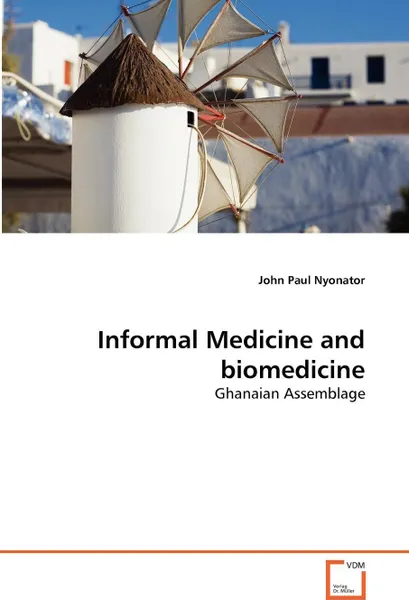Informal Medicine and biomedicine 12+
Автор: John Paul Nyonator
2010
88 страниц
Категория: Литература на иностранных языках
ISBN: 9783639134490
Язык: Английский
📘 Informal medicinal knowledge has been denied as a legitimate form of knowledge for decades within the global medical paradigm. In recent years, international organizations, especially the WHO, has made attempts to recognize the social and legal standing of informal medicinal knowledge especially in areas that can be verified in scientific laboratories and transformed into measurable molecular entities. Although the WHO has been working with its member states to integrate informal medicine and biomedicine into national health care system, knowledge claims concerning illness and its treatment are often contested between formal and informal health practitioners.The book question how localized practices provide lens to gain larger insights into national and transitional politics of healing and knowledge using a power/ knowledge theoretical perspective. It is apparent that the power relations linked with formal practices decrease possibilities for collaboration with informal medicine and also have a negative influence on any possible medium of innovation.
Мнения
